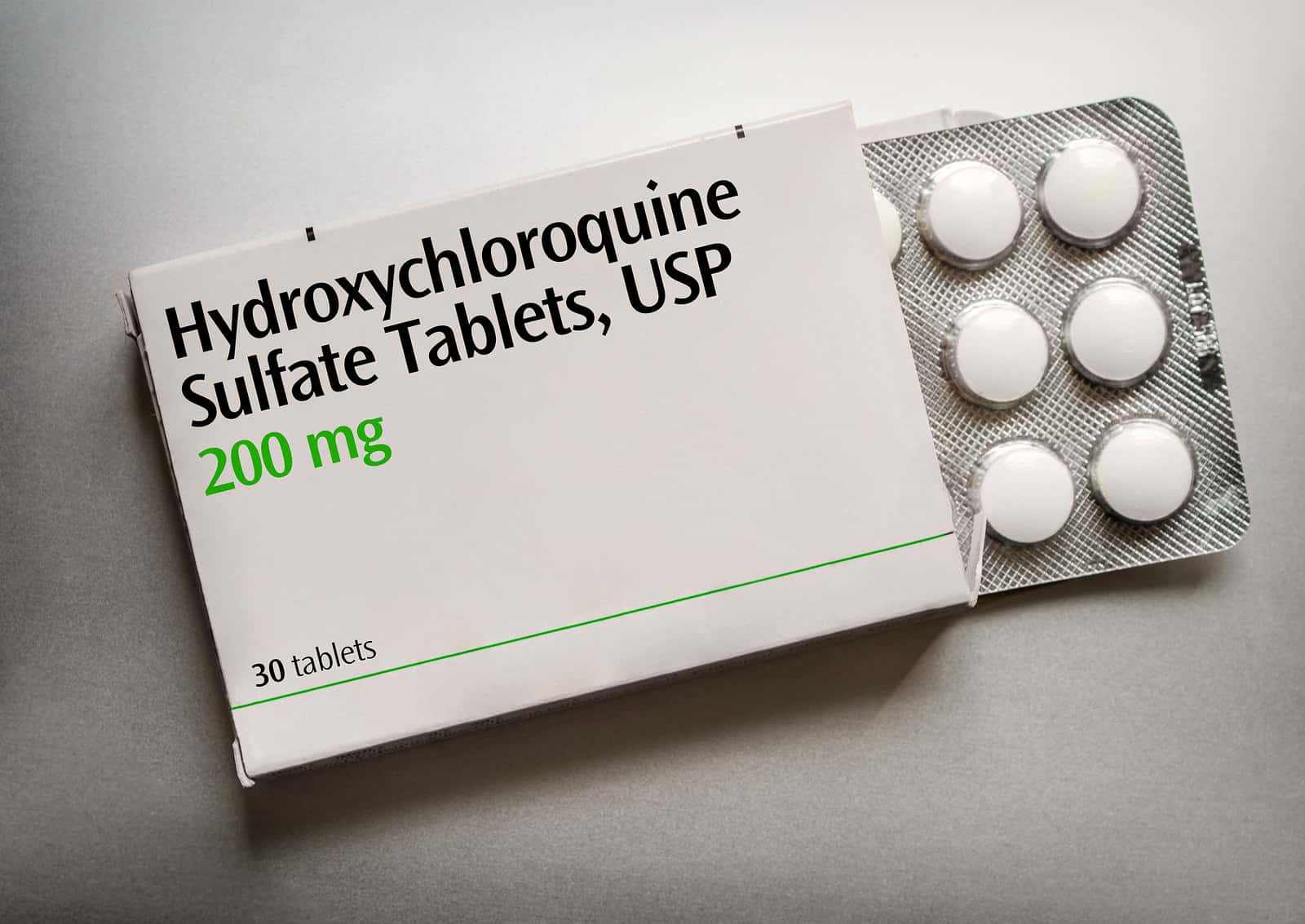
When the FDA issued its Emergency Use Authorization (EUA) for chloroquine (CQ) and hydroxychloroquine (HCQ) on March 28, 2020, we were a little surprised. It was early days. There wasn’t a lot of solid data about the benefits and risks of these old malaria drugs. As we wrote at the time, “FDA is cautious and usually moves slowly.” Now, the FDA is backtracking. A lot of people want to know: What happened to hydroxychloroquine? What does it mean that the agency revoked the EUA?
The FDA’s Odd Actions Regarding CQ and HCQ:
In early April we assumed that the FDA must know something the rest of us did not know about chloroquine and hydroxychloroquine. We wrote:
“We have been tracking the FDA’s decisions for over 40 years. The people at the agency who make drug decisions do so very slowly and deliberately. We have never seen such fast action.
“Although there is still very little solid scientific evidence supporting the use of CQ or HCQ for the treatment of the coronavirus, the FDA must have seen something to warrant this action.”
We quoted Denise Hinton, Chief Scientist at the FDA:
“Based on the totality of scientific evidence available to FDA, it is reasonable to believe that chloroquine phosphate and hydroxychloroquine sulfate may be effective in treating COVID-19, and that, when used under the conditions described in this authorization, the known and potential benefits of chloroquine phosphate and hydroxychloroquine sulfate when used to treat COVID-19 outweigh the known and potential risks of such products.”
We have communicated with Denise Hinton in the past and found her to be thoughtful and highly responsible. That’s why we assumed that the FDA must have known more than it was sharing. We could not imagine that the agency would issue an Emergency Use Authorization for CQ and HCQ without some secret highly positive information.
We were wrong!
What Happened to Hydroxychloroquine and Chloroquine?
On June 15, 2020, Denise Hinton revoked the FDA’s Emergency Use Authorization for both CQ and HCQ. Here is a little of what she had to say:
“Recent data from a large randomized controlled trial showed no evidence of benefit for mortality or other outcomes such as hospital length of stay or need for mechanical ventilation of HCQ treatment in hospitalized patients with COVID-19.
“FDA has concluded that, based on this new information and other information discussed in the attached memorandum, it is no longer reasonable to believe that oral formulations of HCQ and CQ may be effective in treating COVID-19, nor is it reasonable to believe that the known and potential benefits of these products outweigh their known and potential risks… As of the date of this letter, the oral formulations of HCQ and CQ are no longer authorized by FDA to treat COVID-19.”
You can read the full FDA statement at this link.
The Risks of CQ and HCQ:
The most serious adverse effect of these drugs has to do with serious heart rhythm disturbances. Here is how the FDA describes what happened to hydroxychloroquine, based on its data review:
“There were 109 cases with serious cardiac AEs, some reporting one or more of the following: 80 (73%) reported QT prolongation, 4 (4%) reported Torsades de Pointes, 14 (13%) reported ventricular arrhythmia, ventricular tachycardia or ventricular fibrillation, and 25 (23%) had a fatal outcome. Among the 109 cases, 92 (84%) reported concomitant use of at least one other medication that prolongs the QT interval and 75 (69%) reported concomitant use of azithromycin.”
You can read about long QT interval and get a crash course on interpreting your ECG at this link.
Can Your Doctor Still Prescribe HCQ?
The FDA’s change in authorization does not revoke a doctor’s ability to prescribe either CQ or HCQ. Physicians who believe that hydroxychloroquine would be helpful have the right to prescribe it off label. Some randomized clinical trials already underway will continue and provide further information about the benefits and risks of these medications.
We know that a great many of our readers will be extremely disappointed by the FDA’s actions. There was tremendous hope that these drugs would be very helpful against this frightening virus. There were a great many anecdotes and some observational studies suggesting benefit. We were hopeful, too.
The federal government has 63 million doses of HCQ in its Strategic National Stockpile. Nearly half of those doses were distributed around the country. We hope that they will be made available at reduced cost to patients with lupus or rheumatoid arthritis and won’t go to waste.
If future randomized controlled trials demonstrate benefit against COVID-19, we hope these pills will be made available to patients in need.
We welcome your thoughts in the comment section below.

